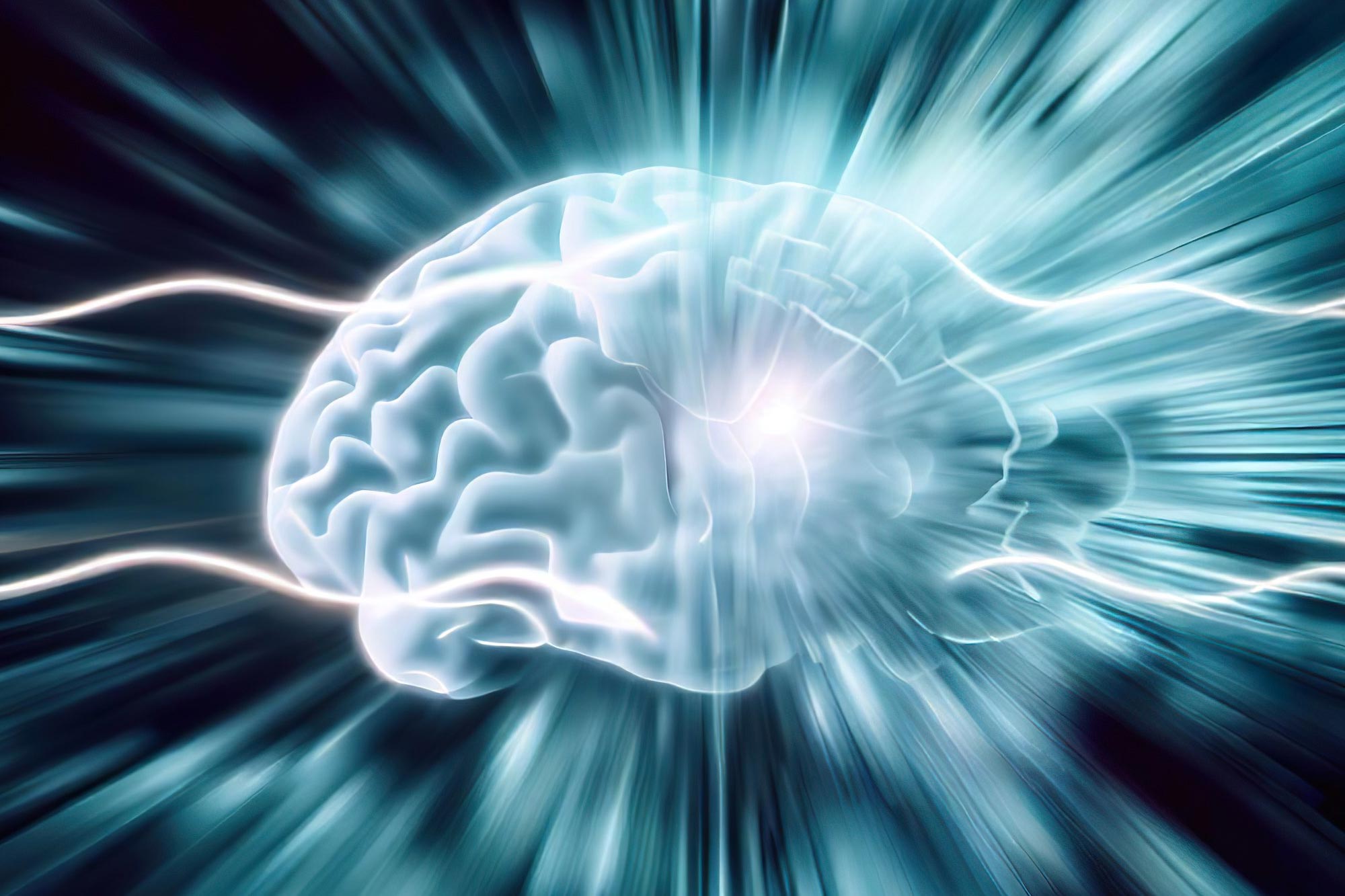Connect with us
Published
2 weeks agoon
By
admin
Yale researchers have discovered that obesity significantly diminishes the brain’s response to nutrient intake, a condition that does not improve even after weight loss. This study sheds light on the challenges many face in losing and maintaining weight, underlining the brain’s critical role in obesity. Typically, after eating, the gut sends signals to the brain indicating the presence of nutrients, which aids in regulating eating behavior. However, the study, led by Mireille Serlie, indicated that while lean individuals exhibited changes in brain activity in response to nutrient infusion, those with obesity showed little to no such responses. The research involved 58 participants, both lean and obese, who underwent fMRI scans after glucose or fat was infused into their stomachs. Notably, only lean participants displayed altered activity in the brain’s striatum, linked to the reward system and eating behavior. Following a 12-week weight-loss program, obese participants did not exhibit any recovery in nutrient sensing capability. These findings suggest that diminished nutrient responses may contribute to overeating and difficulty in maintaining weight loss, challenging the perception that obesity is merely a result of willpower. Further research is needed to explore the biological mechanisms behind these changes and potential treatment strategies.


















